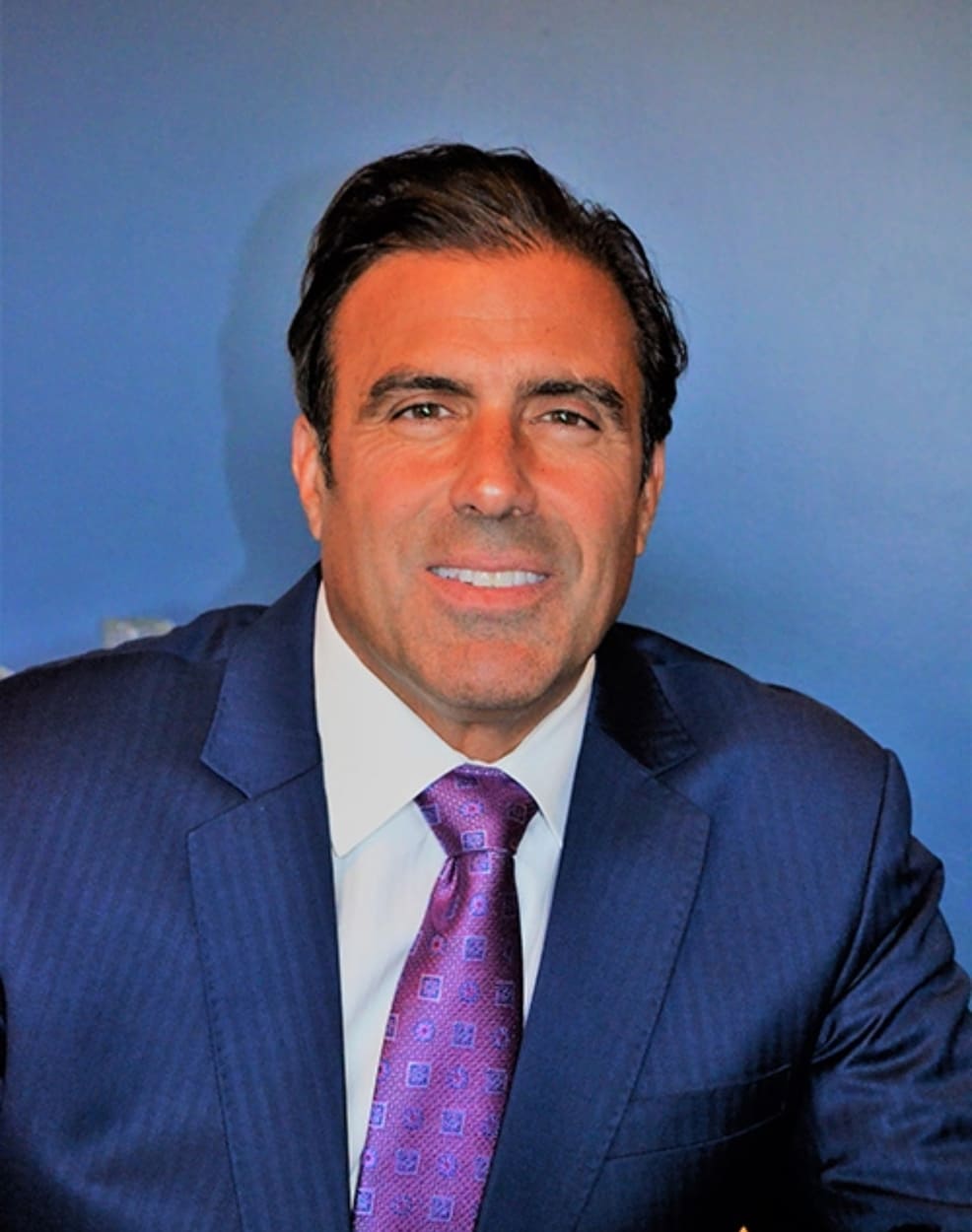Under the supervision of the Illinois Workers’ Compensation Commission (IWCC), any Chicagoan with a work-related injury can try to obtain compensation for the physical and financial troubles they’ve suffered by filing a worker’s comp claim against their employer.
If your employer or their insurance company denies your claim, you can have your case tried in court at an arbitration. Depending on your specific case, you may receive compensation for medical bills or your lost wages, which sometimes adds up to a large sum.
Which is why the IWCC has strict regulations against fraudulent claims.
Here’s what’s considered workers’ compensation fraud in Chicago, and what penalties await those who try to cheat the system.
What Is Workers’ Comp Fraud in Chicago?
If you do any of the following in order to receive workers’ comp benefits or deny a workers’ comp claim in Chicago, you’re committing a felony. Bear in mind that this does not apply only to an injured employee, but also to their employer and other involved parties:
The following acts are considered workers’ comp fraud in Chicago:
- Making a false workers’ compensation claim
- Fabricating evidence or certificate of insurance
- Preventing an employee from filing a legitimate workers’ comp claim
- Destroying or concealing evidence to avoid payment of a claim
- Making a false statement during the claim process
The IWCC and the state of Illinois consider a statement to be any document pertaining to the case, including reports, records, notices, test results, and medical bills. Fraudulent claims typically involve faking an injury or exaggerating the impact of an injury.
It’s also illegal to help someone commit any of these crimes, which means that medical providers and insurance carriers are held accountable by the IWCC and the state of Illinois as well, especially in case of fabricated evidence, medical bills, or certificates of insurance.
What Penalties Result from Workers Comp Fraud?

In Chicago and across the state of Illinois, fraudulent workers’ comp actions are classified either a Class 4 felony or a Class A misdemeanor, depending on the level of involvement in the fraudulent workers’ comp claim or comp claim avoidance.
For a workers’ comp fraud committed by an employee and comp claim avoidance from an employer, the penalties typically include 1 to 3 years of prison time and a fine, which can amount to three times the value of wrongfully obtained benefits or insurance coverage.
For intentionally making a false statement as a medical provider or insurance carrier, the guilty party is typically punished with up to 12 months of prison time and a $2,500 fine, though penalties for a Class A misdemeanor in Chicago may vary depending on a specific case.
How a Workers’ Comp Attorney Can Help You
If you suspect that any party involved in your workers’ compensation claim has committed fraud, you need to submit a complaint to the IWCC and provide enough information to warrant an investigation from the Commission. You should also consider consulting a lawyer.
Chicago’s finest workers’ comp attorneys can help you disclose the fraud. Contact Vasilatos Injury Law today!





Leave a Comment